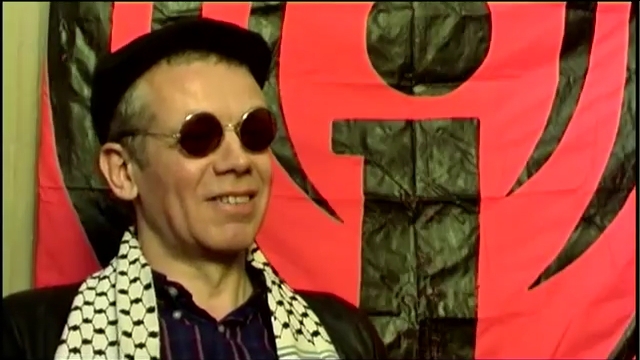article
It is tempting to portray '9-11' as a turning point. Gore Vidal warns
that, since September 11, the US is in danger of turning into a "seedy
imperial state." Make war, not politics. The new patriotism requires: "Disruption, including obstructing the view or hearing of others, will
not be tolerated." The list of measures to restrict civil liberties,
freedom of speech and privacy, or what?s left of it, doesn?t stop. A
recent conference in Perth concluded that post-September 11 reporting
adds to divisions and stereotypes. "The media's failure to provide more
perspectives to news consumers and ask critical questions is fuelling a
culture of fear and blame around the world, experts say."
Read
